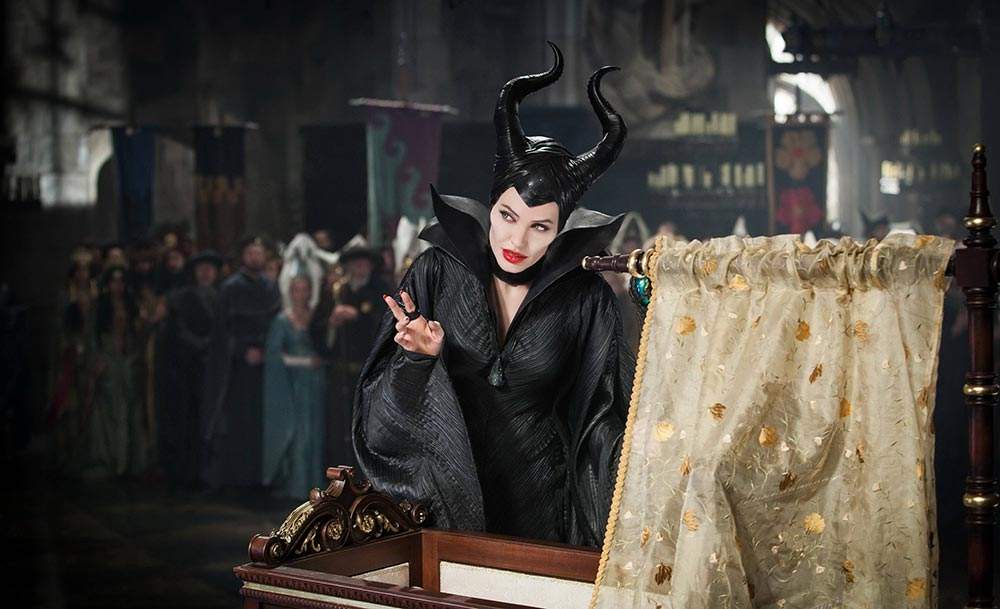Maleficent
Blockbuster effects and cut-glass cheekbones can't mask bland storytelling.
Overview
Blockbuster effects can't mask bland storytelling, as the execs at Disney dip back into their classic library with less than impressive results. An alternate take on the tale of Sleeping Beauty, the studio's latest sees the cackling, leather-clad sorceress recast as a figure of sympathy. Hard to pronounce and harder to sit through, Maleficent is a movie very much in the same vein as Oz the Great and Powerful or the recent Alice in Wonderland — which is to say that it's heavy on expensive-looking digital wizardry and light on just about everything else.
Clumsy voiceover sets the scene, in a run-of-the-mill fairytale forest home to pixies, trolls and a curious winged girl named Maleficent (Isobelle Molloy). Although wary of the human kingdom that exists beyond the forest borders, when Maleficent catches an orphan boy named Stefan trespassing, a fledgling romance seems destined to ignite.
But humans are a fickle bunch, and so as Stefan grows older he becomes swept up with ambition, culminating in a brutal betrayal in which he cuts off Maleficent's wings in order to secure a place on the throne. Devastated, a now adult Maleficent (Angelina Jolie) embraces her dark side, swearing vengeance on Stefan and placing a curse on his newborn baby, Aurora — spinning wheel, eternal sleep and all.
The idea of a Wicked-style reversal on a classic Disney villain is an interesting idea, but first-time director Robert Stromberg — better known for the production design on films like Avatar and Alice in Wonderland — botches the execution. The sporadic voiceover and muddled editing makes the film seem oddly lacking in structure; much of the first half feels like a prologue, setting up what turns out to be an incredibly short and perfunctory climax.
The CGI is admittedly pretty immaculate, but none of the designs are in the least bit distinctive. If one the creatures from Maleficent popped-up in The Hobbit or Snow White and the Huntsman, you wouldn't bat an eye.
Angelia Jolie is enjoyable as the eponymous spell-crafter, especially in the one or two scenes where she gets to really lay the villainy on thick. On the other hand, the talented Elle Fanning is seriously underutilised as the teenaged iteration of Aurora, whose insipid purity melts Maleficent's heart while putting audience members to sleep.
You could argue that the film deserves some credit for its empowered female characters, although the fact that Maleficent's arc is catalysed by a man does somewhat muddy those credentials. On a sidenote, one could also potentially read the film as a kind of PG rape-revenge narrative. The rawest emotional moment in the film comes when Maleficent awakens from a drug-induced sleep only to realise that her lover has forcibly removed her wings. The allegory is obvious, and Jolie completely sells the agony of violation.
Ultimately though, any and all subtext is either mishandled, squandered or lost under a wave of glossily rendered pixels. In other words, it's business as usual for the folks at the Mouse House, who apparently don't even respect their own canon enough to get a reboot right.





